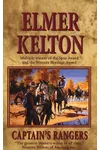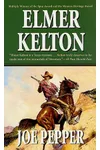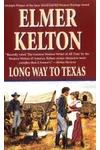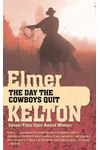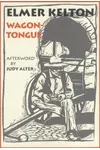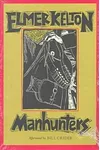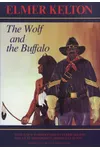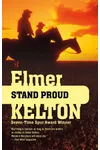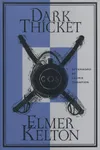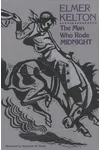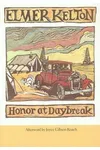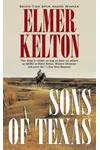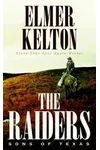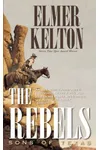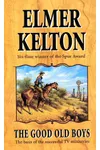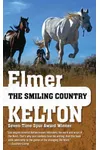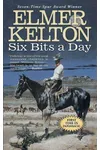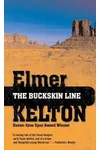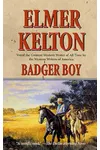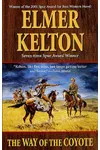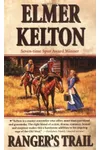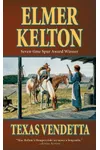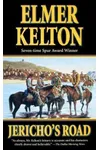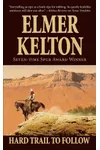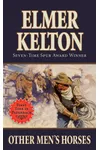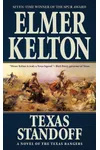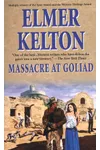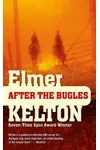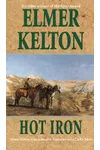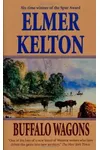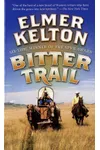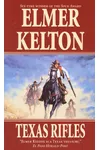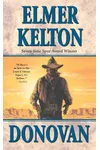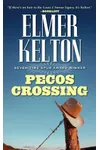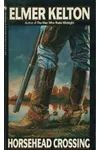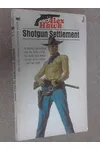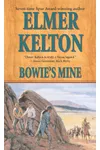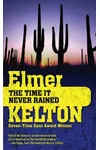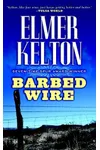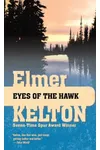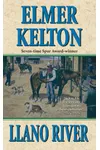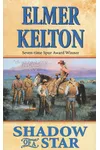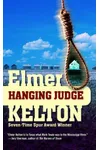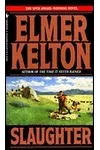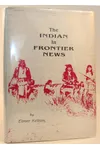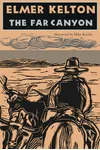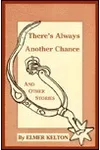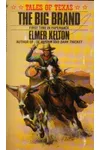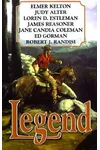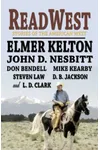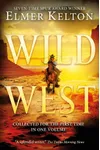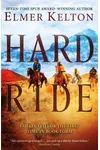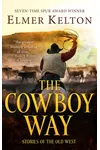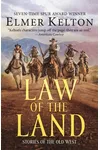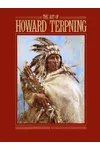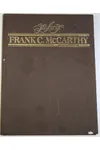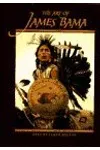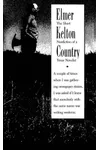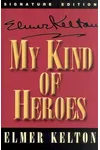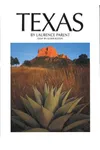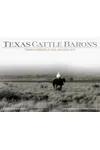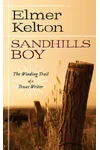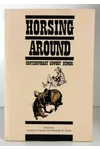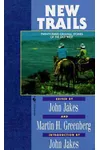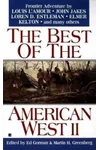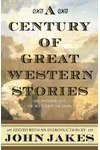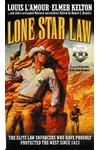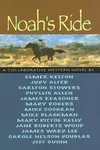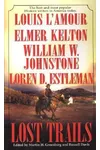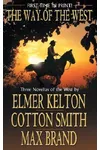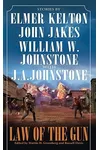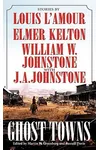Picture a Texas storyteller who spun tales of dusty trails and resilient ranchers—meet Elmer Kelton! Born in 1926, Kelton became the voice of the American West, crafting Western novels that pulse with authenticity. Voted the greatest Western writer of all time by his peers, his stories capture the grit, heart, and humor of a changing frontier.
Growing up on a West Texas ranch, Kelton wasn’t your typical cowboy—poor eyesight and a love for books set him apart. Yet, his roots in the rugged landscape fueled his vivid storytelling, blending historical depth with relatable characters. With over 40 novels, seven Spur Awards, and a TV movie starring Tommy Lee Jones, Kelton’s legacy is as enduring as the Texas plains.
The Making of Elmer Kelton
Elmer Kelton was born on April 29, 1926, in Andrews County, Texas, on the Five Wells Ranch. Raised on the McElroy Ranch near Crane, where his father, Buck, was a foreman, young Elmer soaked up the cowboy life but struggled with ranch work due to his vision. By age eight, he decided to write about cowboys instead. After serving in World War II and earning a journalism degree from the University of Texas in 1948, Kelton honed his craft as a farm and ranch editor for the San Angelo Standard-Times, later working for Livestock Weekly until 1990.
His journalism career kept him close to the land and its people, providing endless inspiration. Kelton’s first novel, Hot Iron (1956), marked the start of a prolific journey, blending his insider’s perspective with a knack for humanizing the West’s triumphs and struggles.
Elmer Kelton’s Unforgettable Stories
Kelton’s novels stand out for their realism and psychological depth, steering clear of invincible heroes. He once said, “I can’t write about heroes seven feet tall and invincible. I write about people five foot eight and nervous.” His characters—ranchers, Rangers, and dreamers—face change, drought, and moral dilemmas in a West shaped by history.
The Time It Never Rained (1973), often called his masterpiece, follows rancher Charlie Flagg battling a 1950s Texas drought. It’s a gritty, heartfelt tale of resilience. The Good Old Boys (1978), adapted into a 1995 TV movie with Tommy Lee Jones, captures cowboy Hewey Calloway’s struggle with modernity. The Day the Cowboys Quit (1971) dramatizes a real 1883 cowboy strike, showcasing Kelton’s knack for historical nuance. The Far Canyon (1994) explores the fading buffalo era, weaving Comanche and settler perspectives with emotional weight.
Kelton’s style is lean yet evocative, rooted in West Texas’ stark beauty. His stories tackle themes of adaptation, honor, and survival, making the Western genre feel timeless and universal.
Why Elmer Kelton Matters
Elmer Kelton redefined the Western novel, moving beyond clichés to portray the West as a living, evolving world. His focus on ordinary people—flawed, stubborn, and brave—resonated with readers and critics, earning him seven Spur Awards, four Western Heritage Awards, and the Owen Wister Award for lifetime achievement. The Western Writers of America named him the greatest Western writer ever in 1995, a testament to his influence.
Kelton’s work preserves the spirit of a vanishing frontier while speaking to universal struggles. His novels, still celebrated in Texas and beyond, inspire readers to embrace resilience and authenticity. A mural in San Angelo and a star in Fort Worth’s Stockyards honor his legacy, ensuring his stories endure.
About Elmer Kelton
- Born: April 29, 1926, Andrews County, Texas
- Died: August 22, 2009, San Angelo, Texas
- Key Works: The Time It Never Rained, The Good Old Boys, The Day the Cowboys Quit
- Awards: 7 Spur Awards, 4 Western Heritage Awards, Owen Wister Award
- Fun Fact: His memoir, Sandhills Boy (2007), shares his West Texas childhood.
Snag The Time It Never Rained and dive into Elmer Kelton’s soulful Western world! His tales of grit and heart will leave you hooked.
